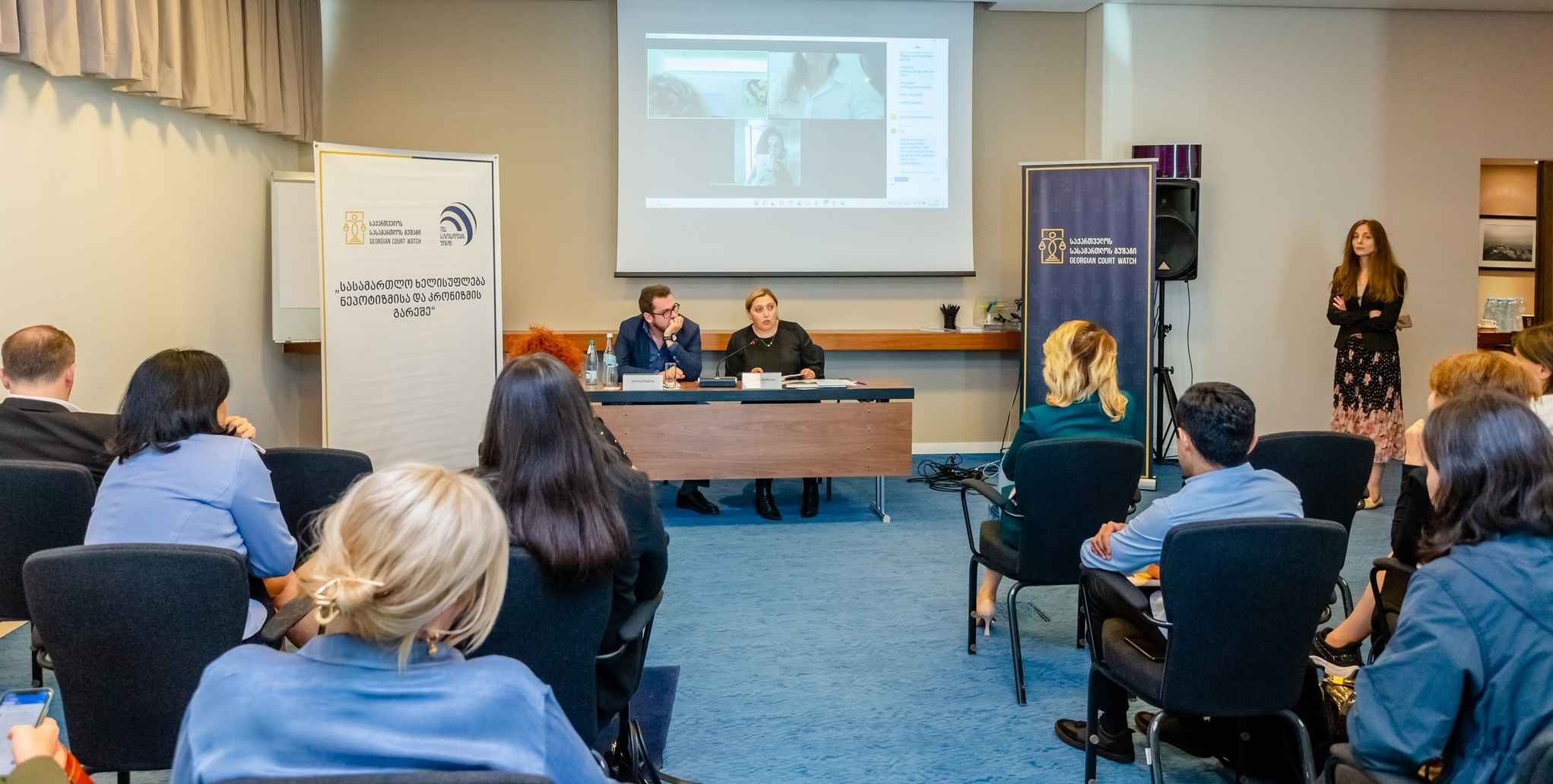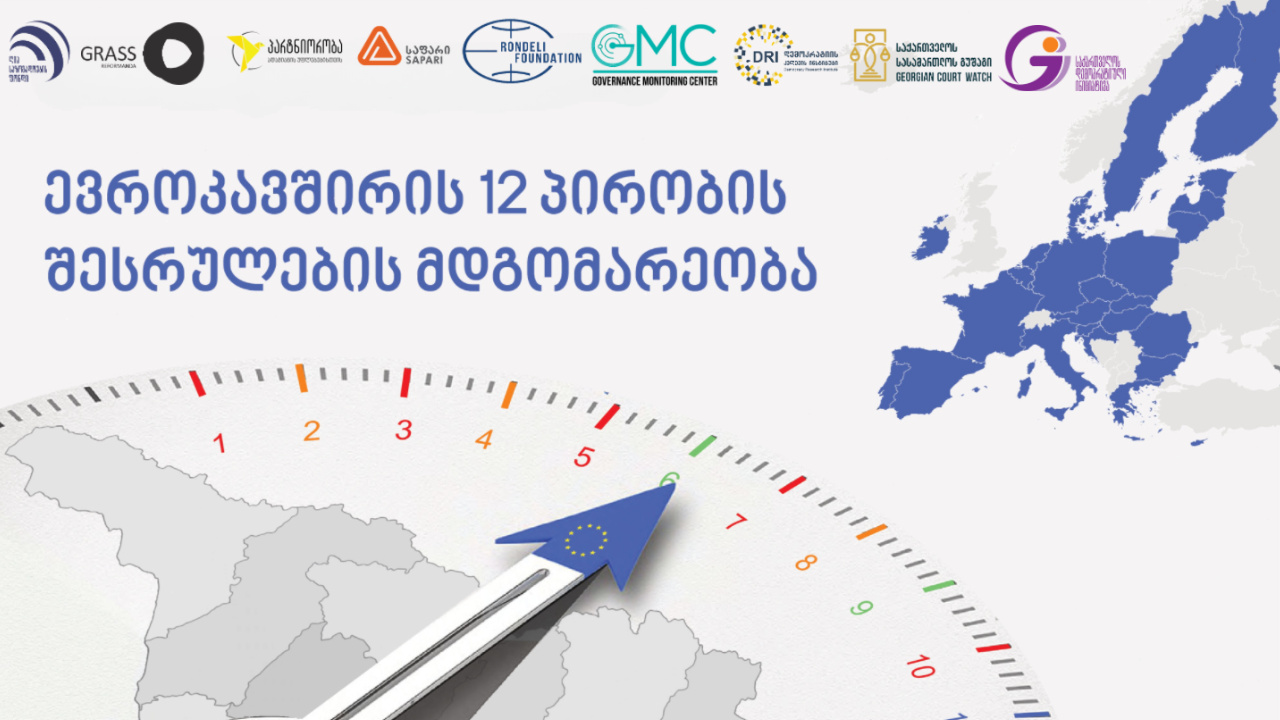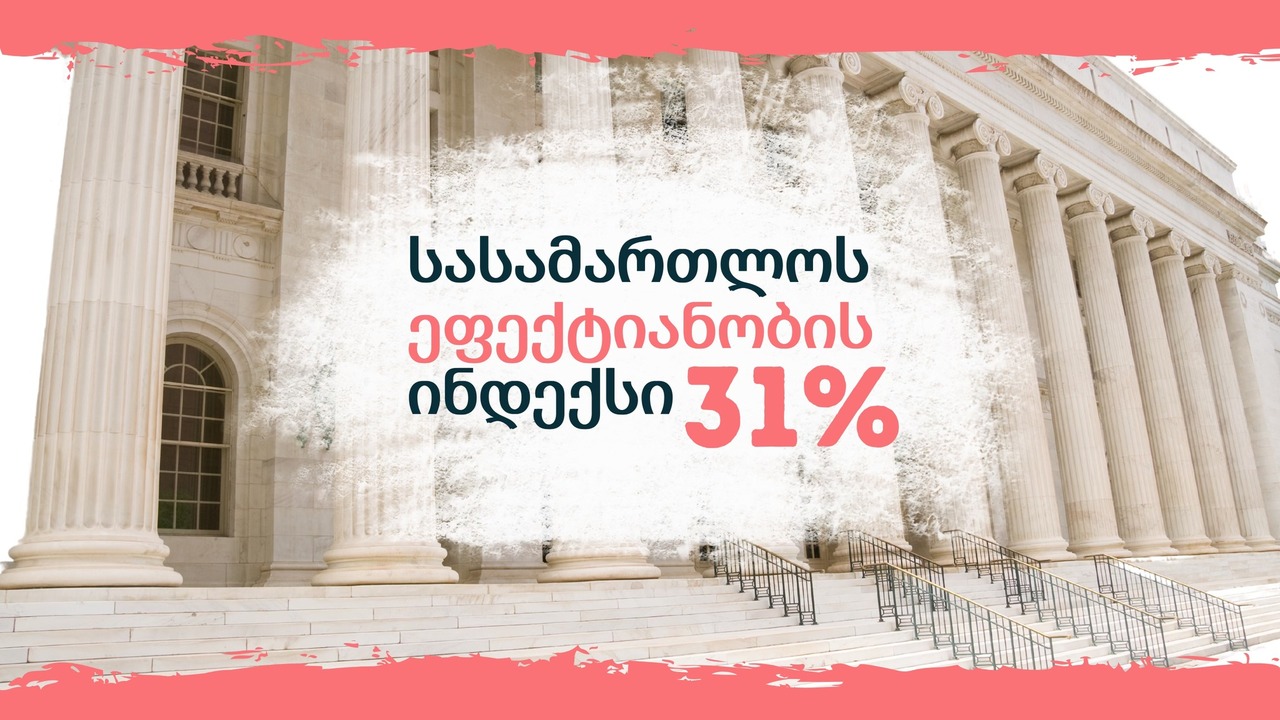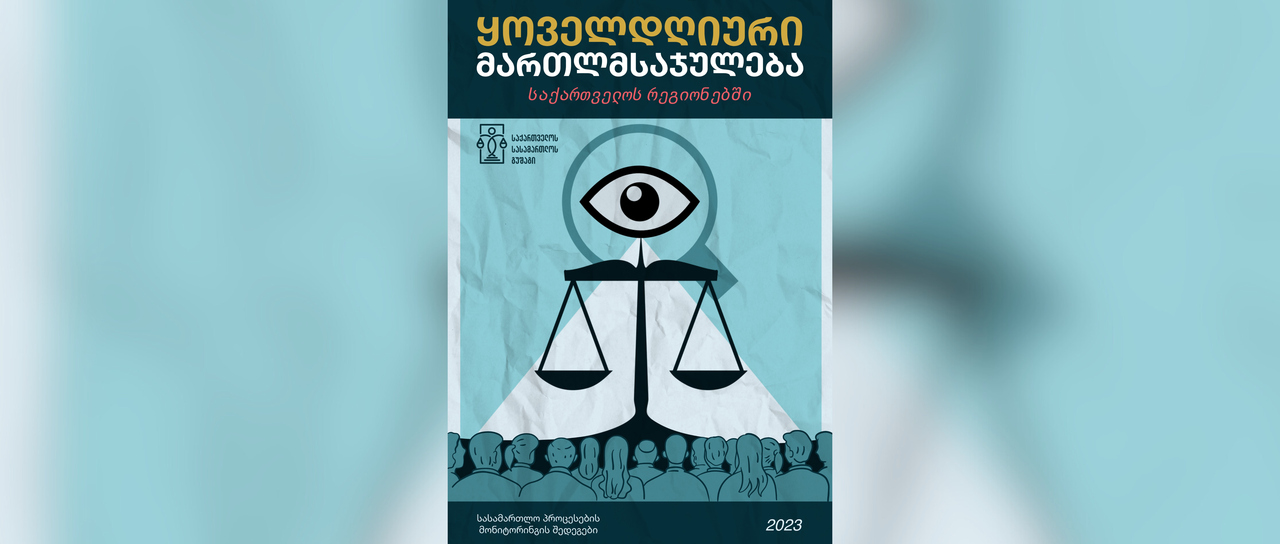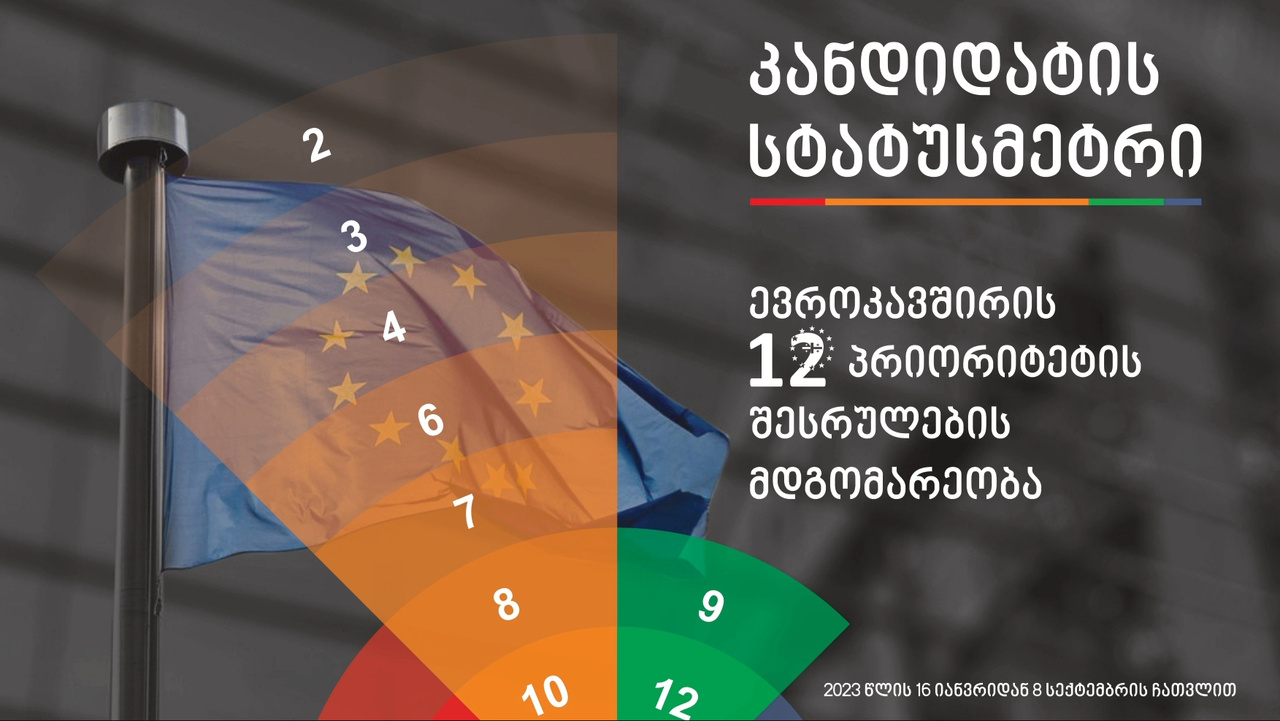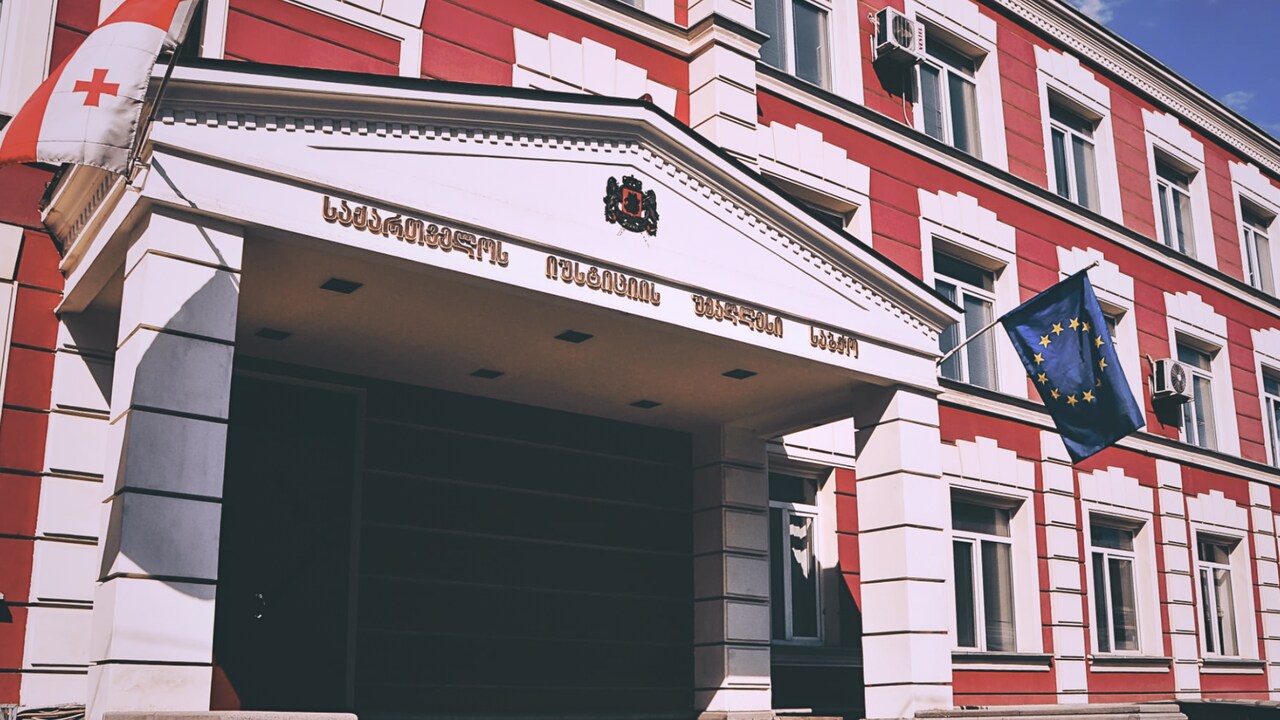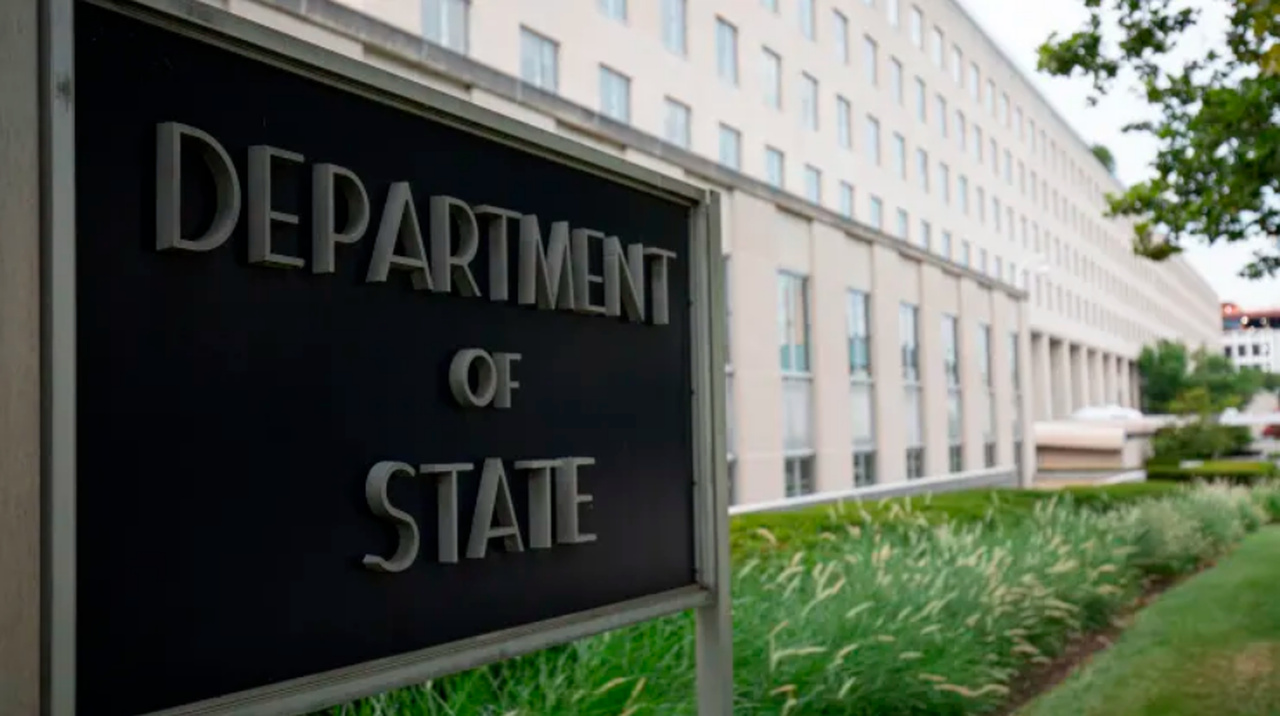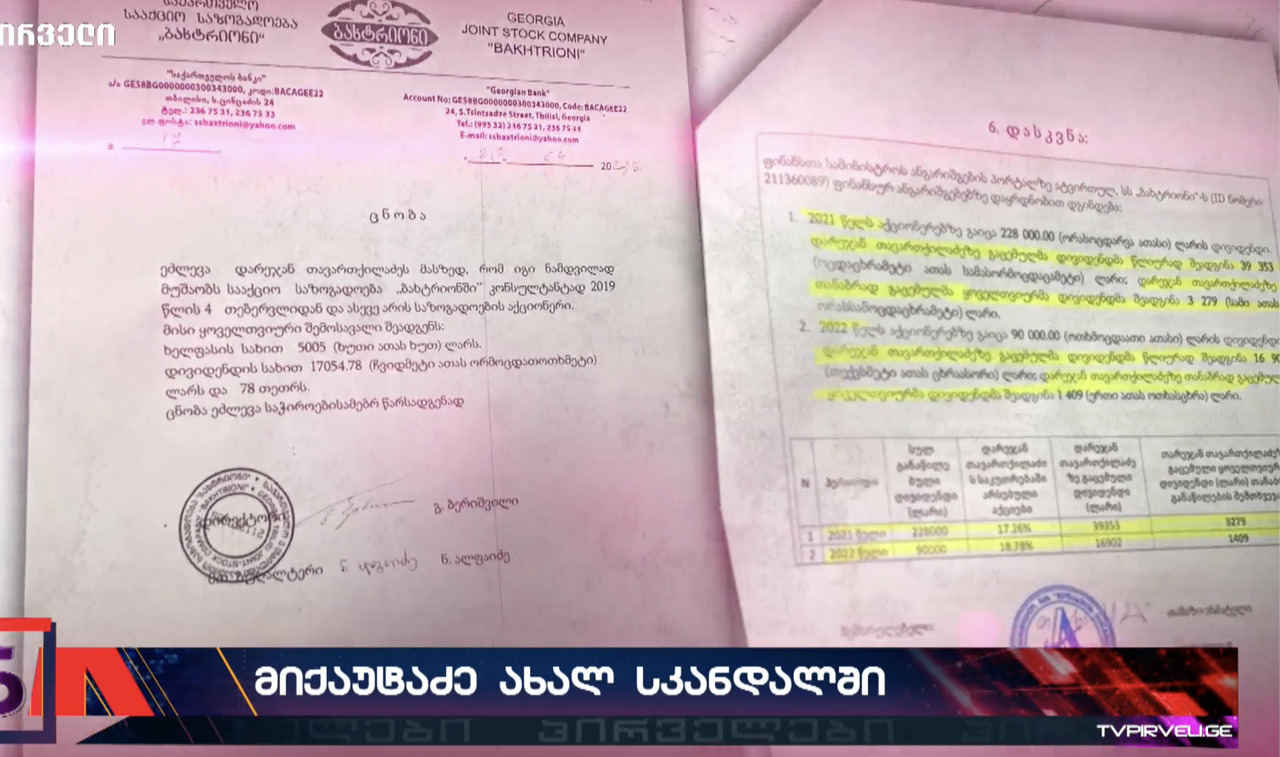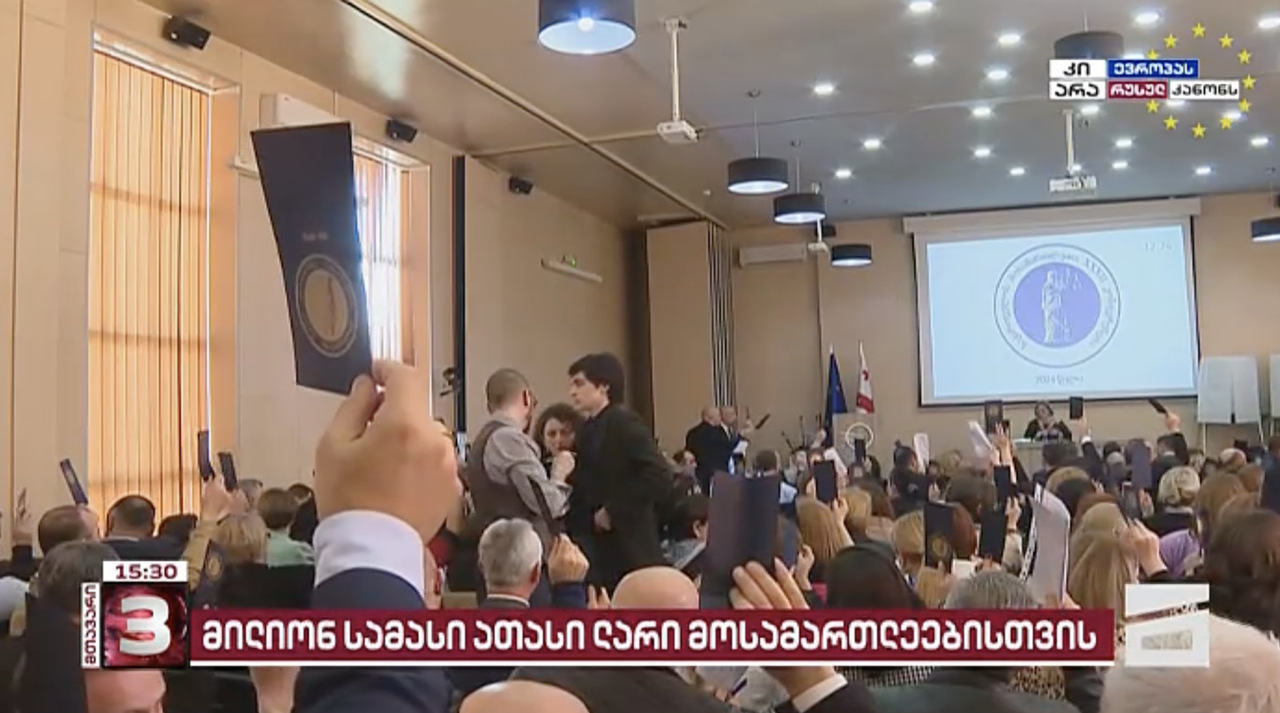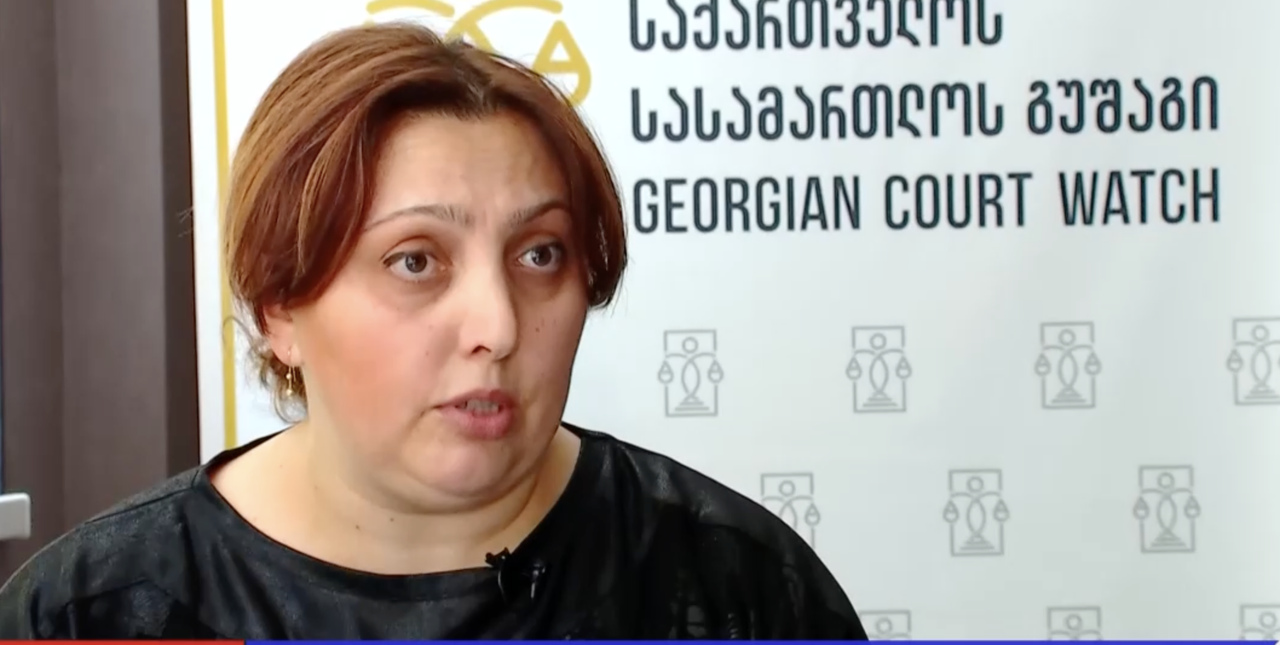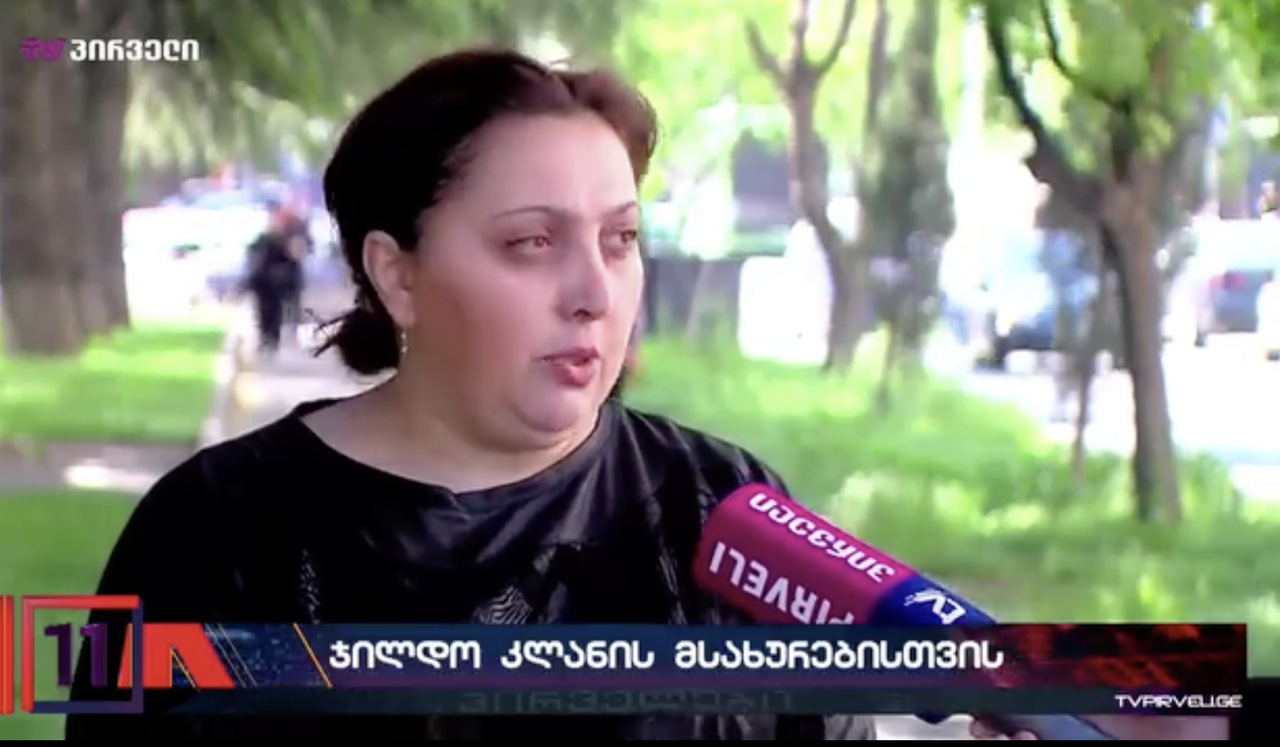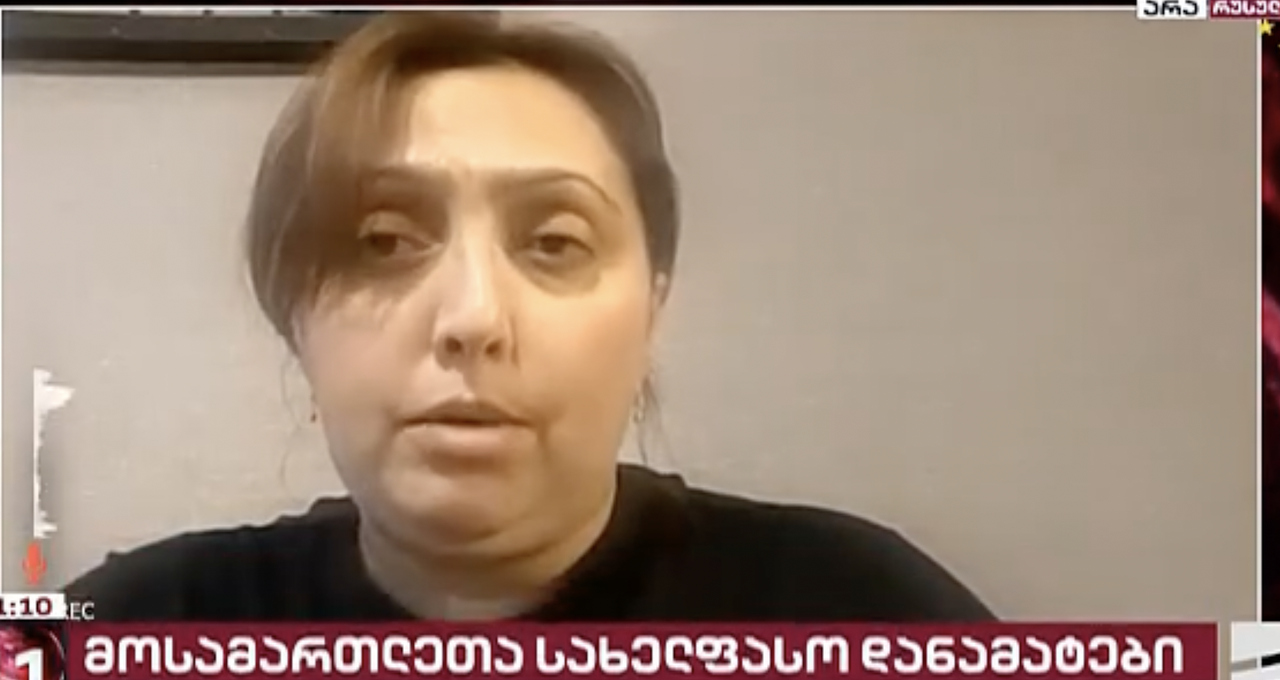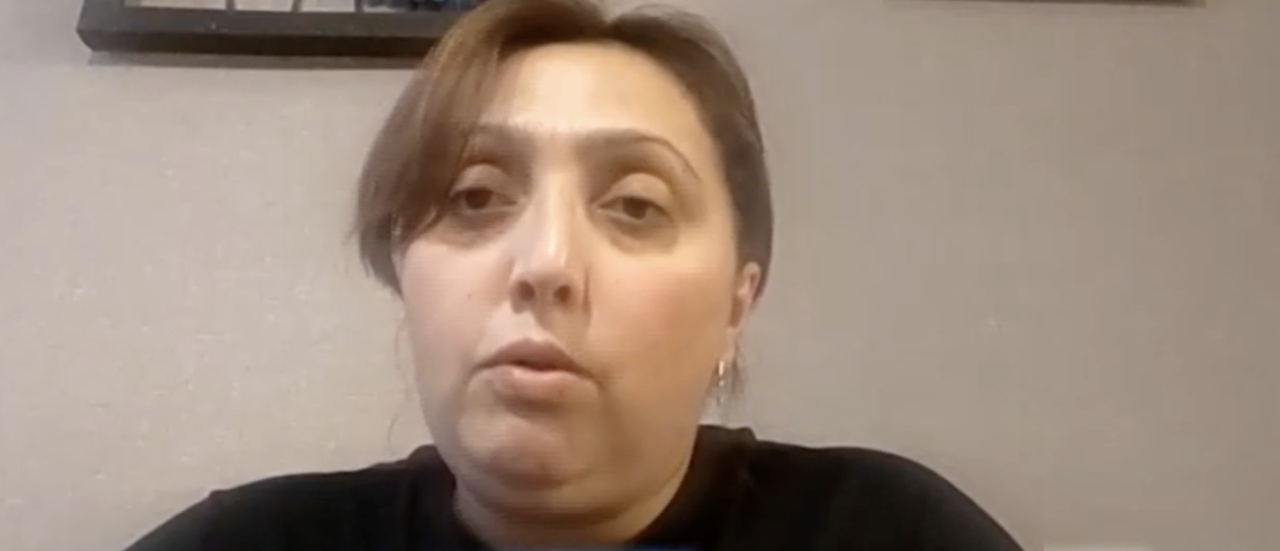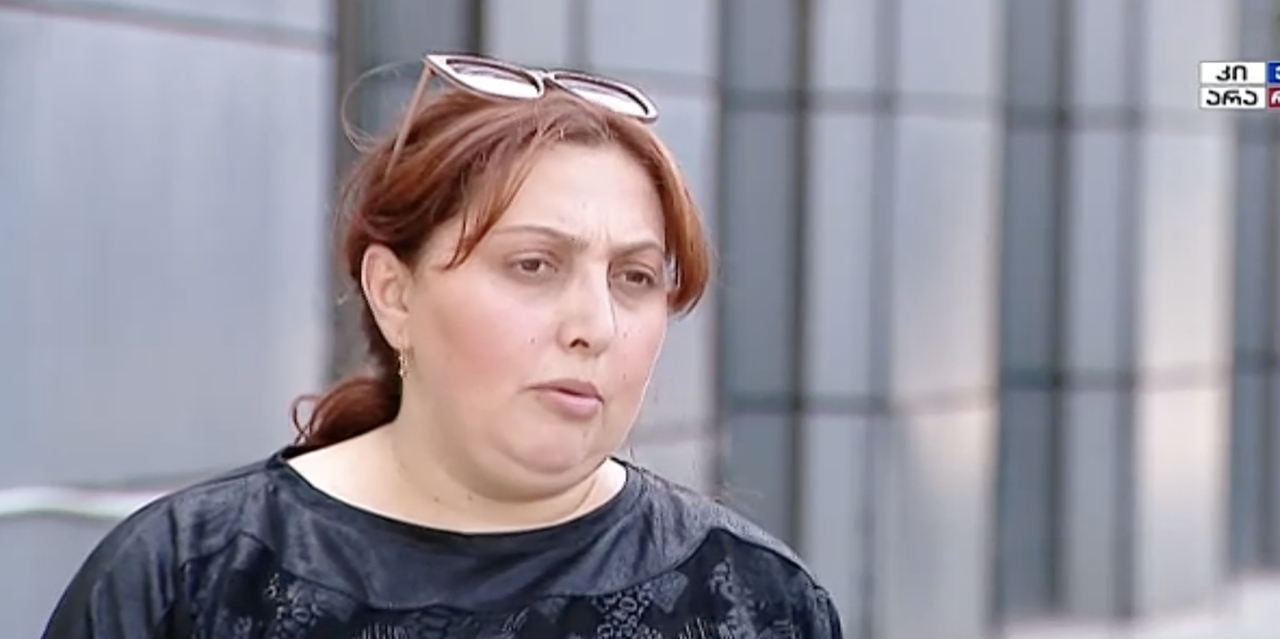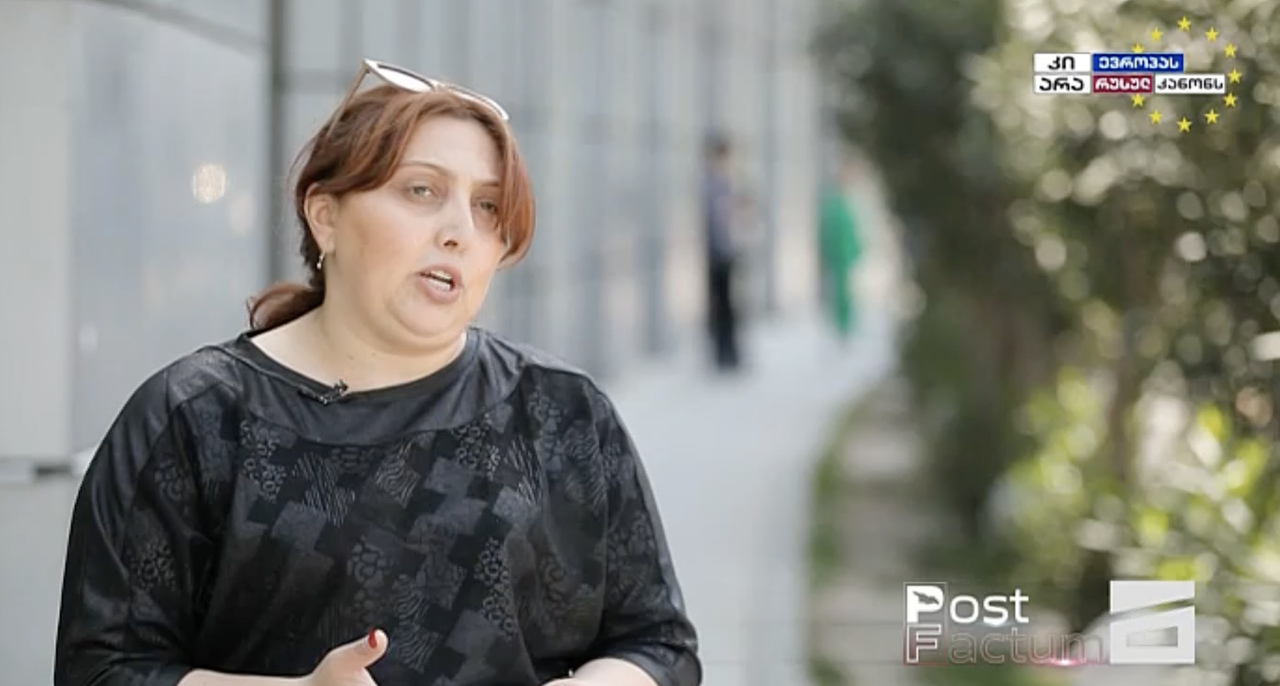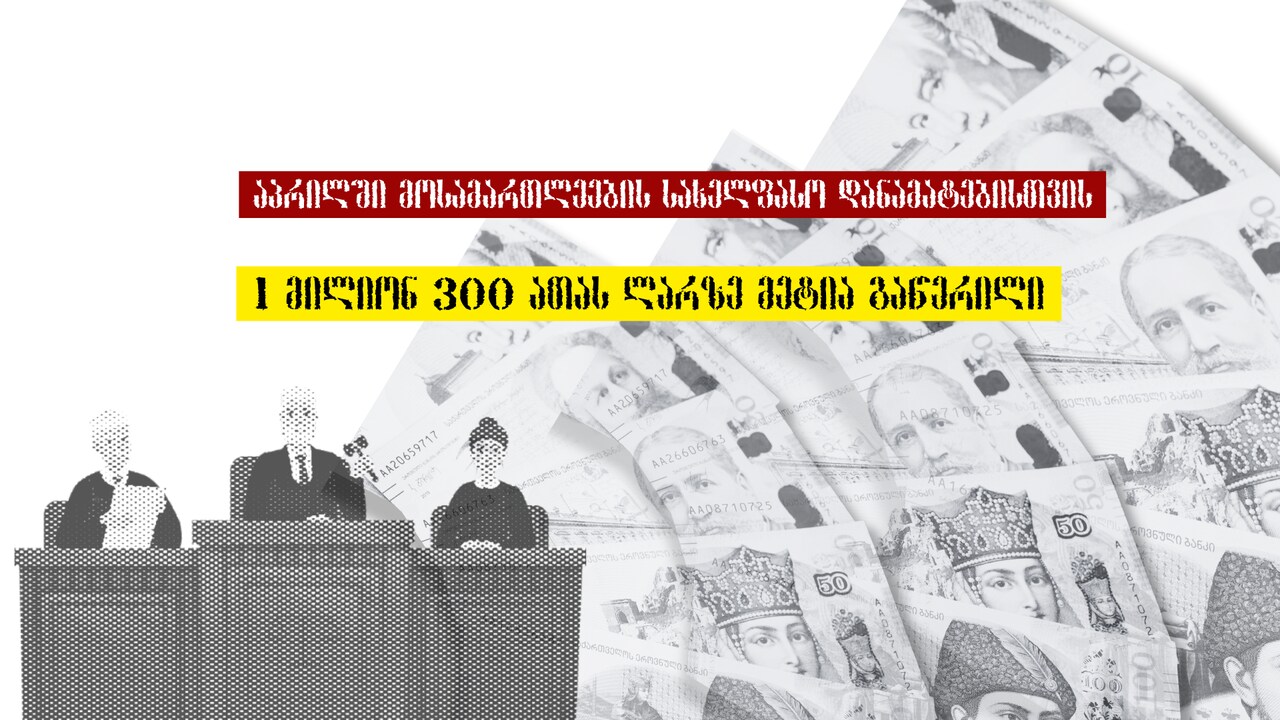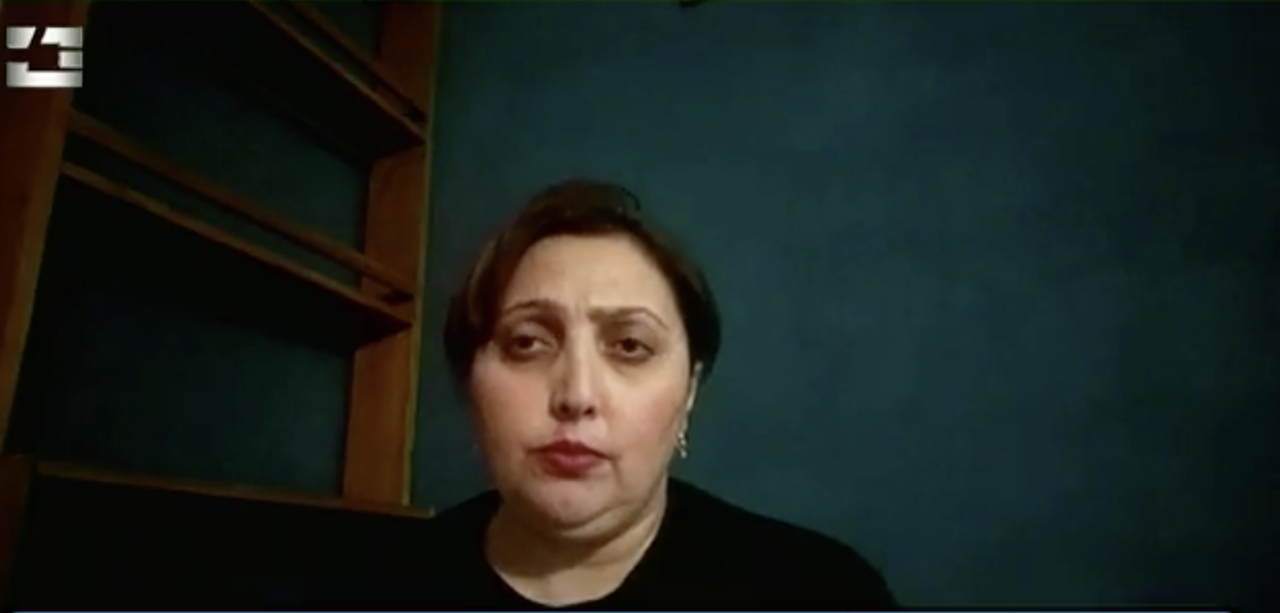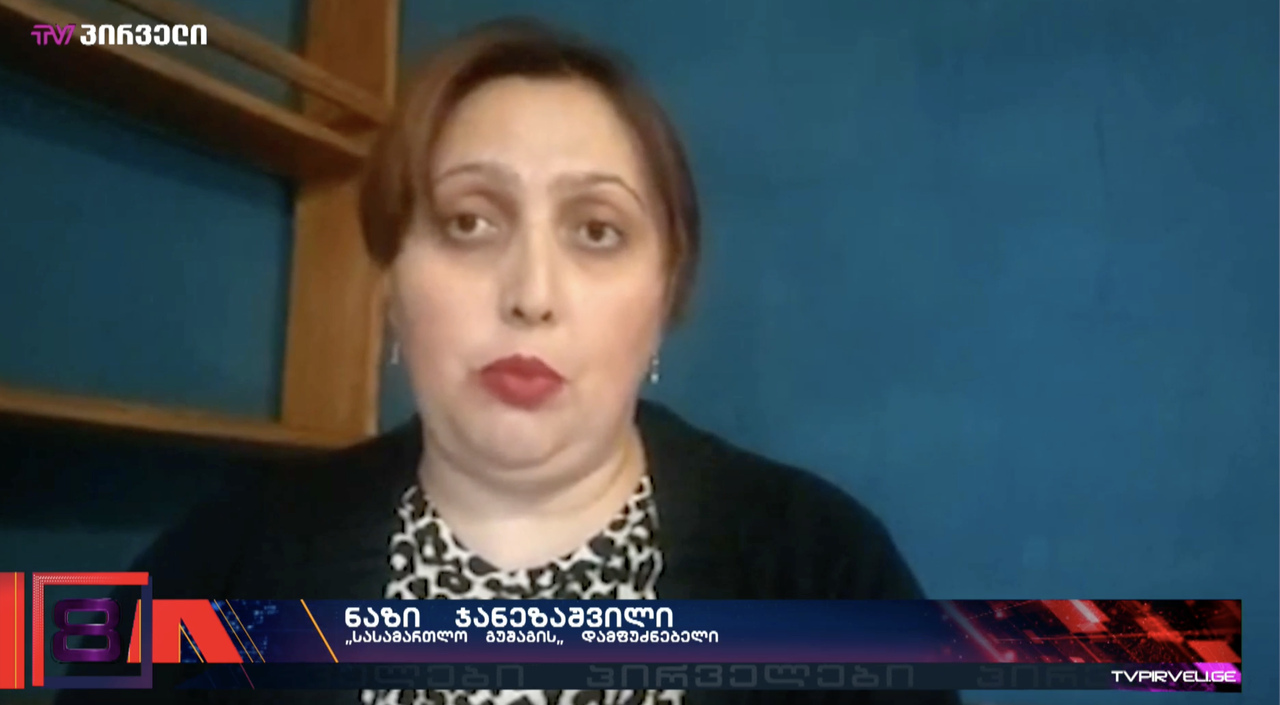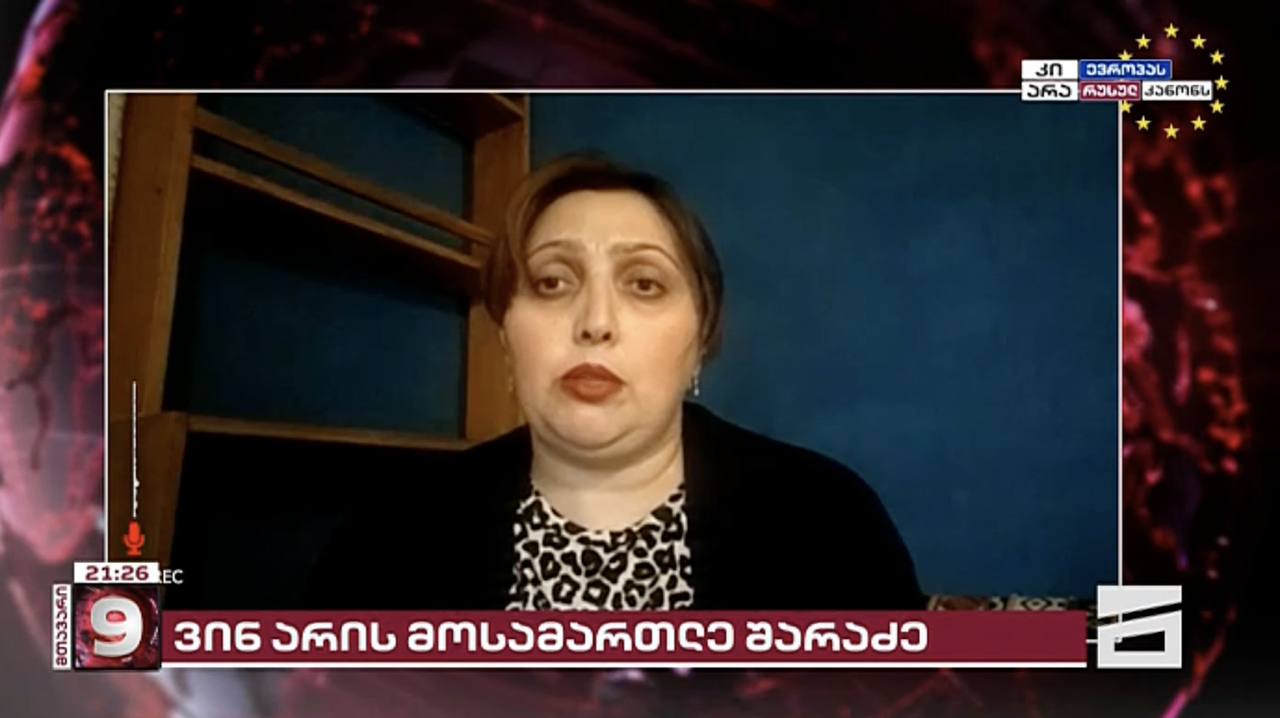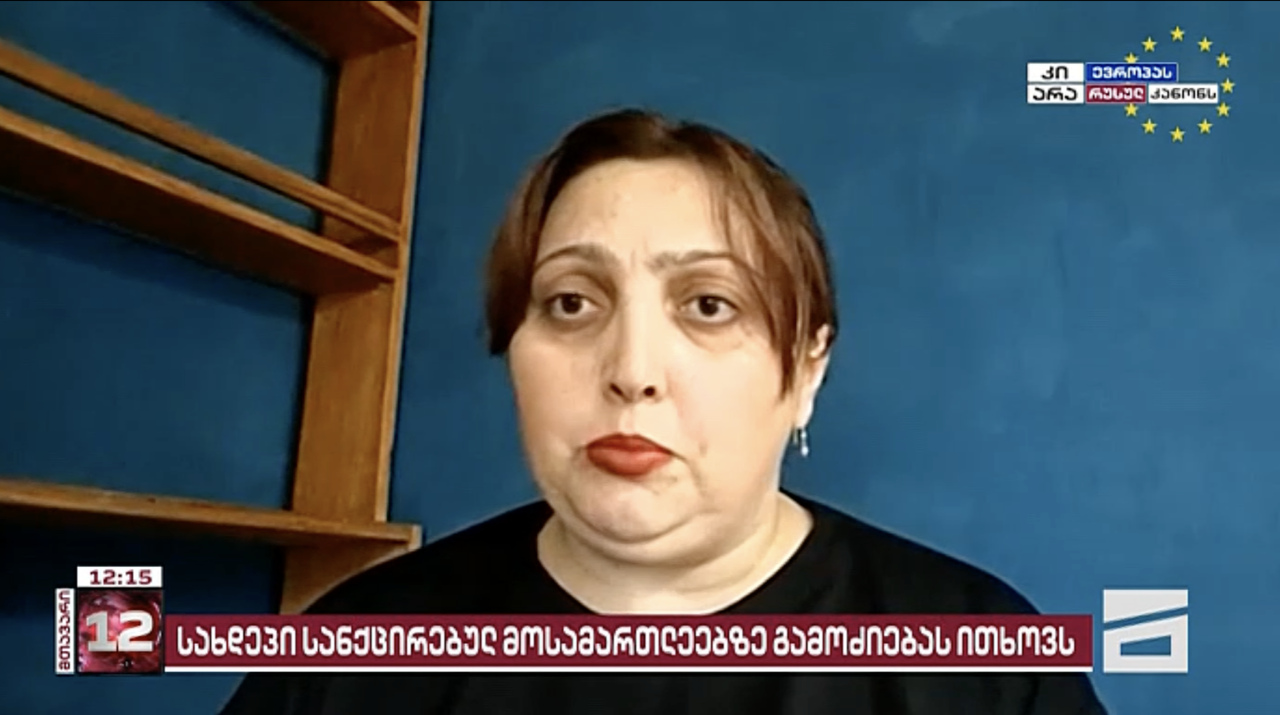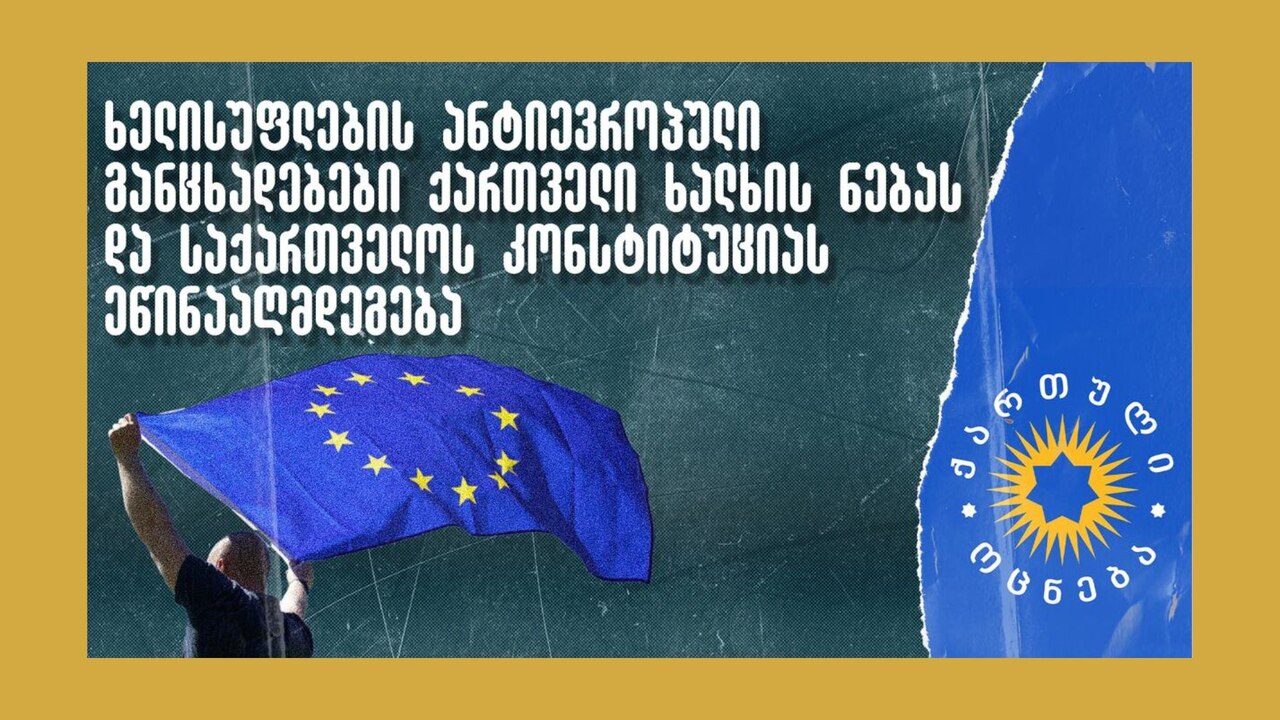Nepotism in the judiciary

On April 5 this year, the US State Department imposed visa restrictions on three acting judges (Mikheil Chinchaladze, Levan Murusidze, and Irakli Shengelia) and one former judge (Valeri Tsertsvadze) for “abuse of office” and “participation in significant corrupt activities.” The High Council of Justice members and the Supreme Court Chairperson commented on this issue. They requested proof of the judges' involvement in corrupt practices.
It should be noted that corruption does not always refer to the acceptance or payment of a bribe. It can appear in many ways, and international organizations dealing with the issue define it broadly. Transparency International (which fights corruption in various countries of the world), for example, considers favoritism to be a form of corruption and nepotism and cronyism to be manifestations of favoritism.
What is nepotism?
Nepotism is a form of favoritism based on showing familiarity and family ties where an official utilizes their office and power to provide a job or other benefit to a family member or friend, even though they are unsuitable or unqualified.
Nepotism is the polar opposite of meritocracy. While the latter indicates appointment and/or advancement based on qualifications, achievement, and experience, nepotism simply disregards professional requirements and achievement.
Preventing nepotism in the public sector
If the rules for occupying a specific post/position or engaging in a specific competition are not accordingly regulated and authorized persons have broad discretion in making decisions related to appointment/promotion, the risk of nepotism increases, implying personnel selection based on subjective factors rather than merit.
Global Anti-Corruption Coalition, Transparency International, identifies seven concerns that must be addressed to prevent nepotism in the public sector.
- So-called "bright line rules" are norms and standards that are clearly defined and based on objective factors.
One method of preventing nepotism is to outlaw nepotism in the public sector, with a requirement to reveal any relationship between a rival and a current employee/employer.
It is favorable to implement a system of objective and justified employee selection criteria to ensure merit-based appointments.
- Defining the circle of people subject to provisions' applicability.
To ensure merit-based public sector recruitment and the abolition of all types of cronyism, the scope of nepotism must be adequately defined. Nepotism is derived from the Latin word nepos (“nepotis”), which implies nephew, niece, or grandchild. Although the meaning of the term “nepotism” alludes to the patronage of officials to family members, it also includes friends and other related persons. Thus, the issue must be regulated in such a way as to prohibit any type of nepotism in the public sector.
Nepotism in the judiciary
Several factors have contributed to nepotism in the Georgian judiciary, including:
- Inadequate formal criteria for appointment/promotion of judges;
- Legislation and practices that are not focused on the renewal of the judiciary, impeding recruitment, and creating favorable conditions for the system's closure;
- The formality (template-based approach) of the High Council of Justice's decisions on the appointment of justices;
- Courts chairpersons have broad authority, and the selection of judicial officials is opaque;
- A lack of guarantees ensuring the impartiality of decision-makers;
- Corporatism - in Georgia, nepotism, and cronyism are reinforced by corporatism in the courts, which means appointing people with a mark of loyalty to influential judges at all levels.
Lack of set standards for judicial appointment/promotion or insufficient legislative oversight.
Within the framework of the so-called “third wave” of judicial reform, the presented legislative amendments concerning a detailed description of the criteria for assessing a candidate for a judicial position according to legal norms improved the procedures for justice appointments. Although, the adoption of these changes was delayed. During this time, the High Council of Justice continued to appoint judges. As a result, many judges were selected according to an erroneous rule - even before the criteria for evaluating candidates and the requirement to justify the Council's decision were set.
Legislation and policies that are not directed toward the renewal of the judiciary and limit the flow of fresh employees into the judiciary system.
Existing legal norms and practices are insufficient to assure meritocratic appointments in the judiciary and to permit the influx of new employees.
On the same topic:
- The judge is in a less desirable position.
- Transfer of judges to a higher instance court: bypassing the requirements of the law.
- Appointments of sitting judges: in the same or higher instance.
Recent competitions on the selection of judges have demonstrated that new professionals are rarely appointed to the court. This is due, on the one hand, to the lack of applicants and, on the other hand, to the policy of the High Council of Justice, which prioritizes socialized personnel in the system (acting judges, assistant to a judges, and other judicial officials). This gives the High Council of Justice leverage against unpredictable and unmanageable personnel.
The formality of the rationale behind the appointment decision
The Organic Law “on Common Courts,” amended on December 13, 2019, imposes the duty to justify the decisions of the High Council of Justice concerning a candidate's evaluation/appointment. The decisions, however, remain formal and fail to satisfy the required threshold of reasoning since they lack a detailed consideration of whether the candidate fulfills the judicial criteria. The logic behind the appointment decision permits judges to be chosen based on informal characteristics such as loyalty/commitment to influential groups, dependability, and obedience. It is also feasible to nominate and promote someone based on kinship, friendship, or other factors.
Current and former judges, as well as other court workers, speak out about the level of nepotism in the court in a study done by "Court Watch." They claim the non-meritocratic approach to court staffing, including kinship and friendship selection, is a systematic problem.
The respondents (judge/former judge, current/former judicial official) explain the trend of employing relatives and friends in the court system as a result of the desire of an influential group of judges to assemble manageable, reliable personnel and thus exclude unpredictable individuals from entering the justice system.
The OSCE Office for Democratic Institutions and Human Rights (ODIHR) explicitly mentioned examples of conflict of interest in the nomination process for Supreme Court judges in its 2019 report.
Two judicial members of the High Council of Justice did not recuse themselves despite the conflict-of-interest concerns raised due to their spouses being related to the two applicants” (OECD/ODIHR).
The two candidates are reported to be the brothers-in-law of the two HCJ members, though one member asserts that the candidate is her ex-brother-in-law. Concerns were also raised about a third member who is claimed to be the godfather of a child of one of the candidates.” (ეუთო/ODIHR).
The mentioned assessments concern former members of the High Council of Justice Irakli Shengelia and Tamar Oniani. One case named the Tbilisi Court of Appeal judge, Irakli Shengelia, and his son-in-law, acting Supreme Court judge, Levan Tevzadze. It should be emphasized that nepotism in the judicial system is also evidenced by the fact that Judge Irakli Shengelia's wife, Lana Tevzadze, works as a chief specialist at the Department of Common Courts. According to Shengelia's assets declaration, he has been in this position since 2014, and his sister, Tinatin Shengelia, is a Samtredia District Court specialist. These are just a few examples of nepotism in the judiciary, and we will not discuss other facts known to the Court Watch in this article.
Although the problems of nepotism in the court are evident, the Georgian government has not taken similar measures to eliminate nepotism in the judiciary. Furthermore, government policy is the primary factor promoting nepotism in the justice system.
The "Georgian Court Watch" recommends that information concerning family ties in the justice system be made public; this should be accomplished by requiring judges to openly declare family ties inside the judiciary. This would provide us not only a genuine opportunity to combat nepotism but allows us to have an informed discussion on the hazards and scope of nepotism.
---
The materials distributed by courtwatch.ge and published on the website are the property of "Georgian Court Watch", when using them, "Georgian Court Watch" should be indicated as the source.

Substantiating the Decision on the appointment of the Judges - Formality that doesn’t change the content

What is the difference between transferring a judge to another court without competition and promotion?

Judges appointed in the Court of Appeals without evaluation
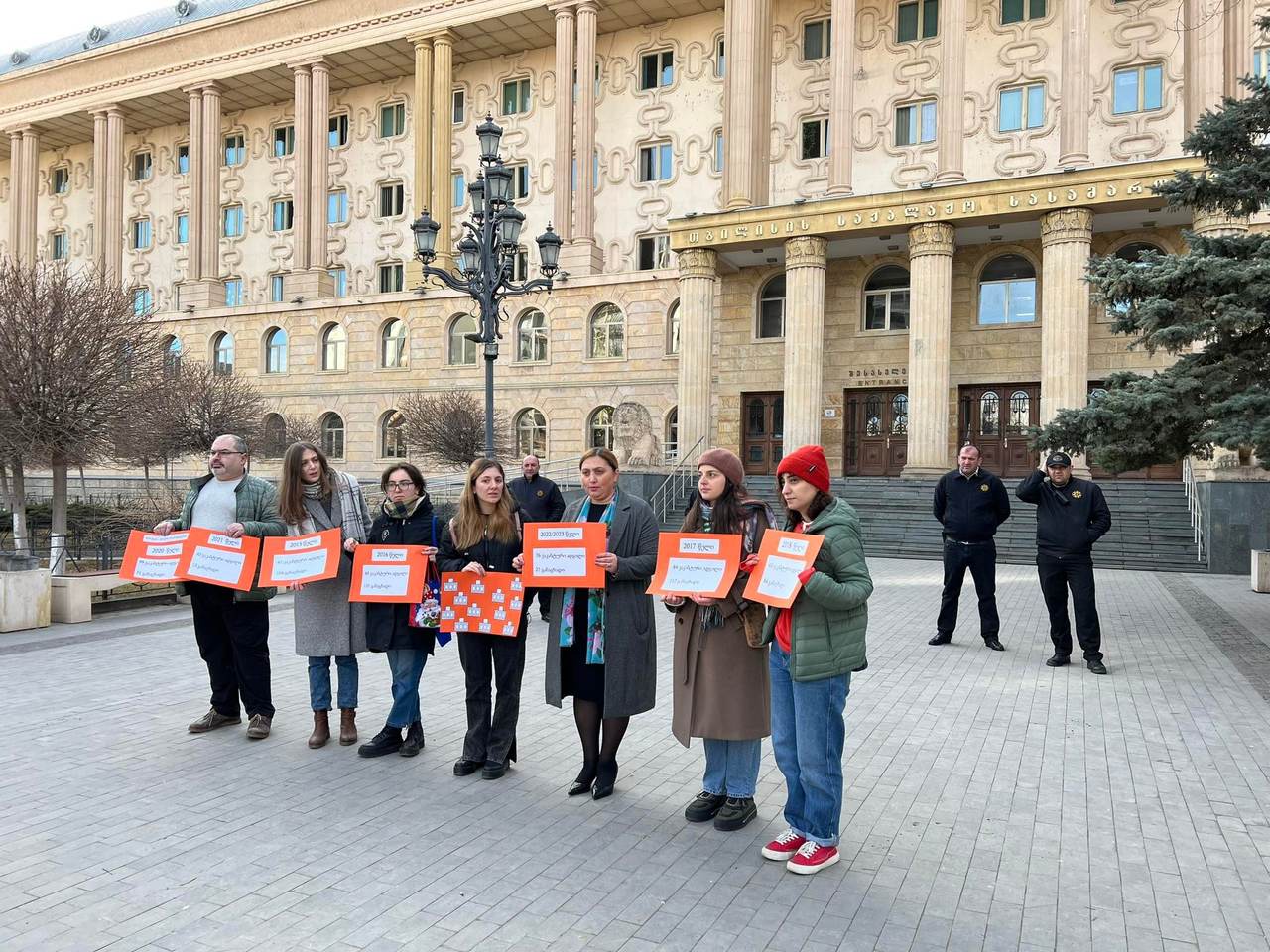
Record low competition in the judicial system: 76 vacancies for judges have less than 20 candidates

Judgeship as a less desirable position

Factors Encouraging Nepotism and Cronyism in the Judiciary of Georgia

Research presentation on nepotism and cronyism in court
